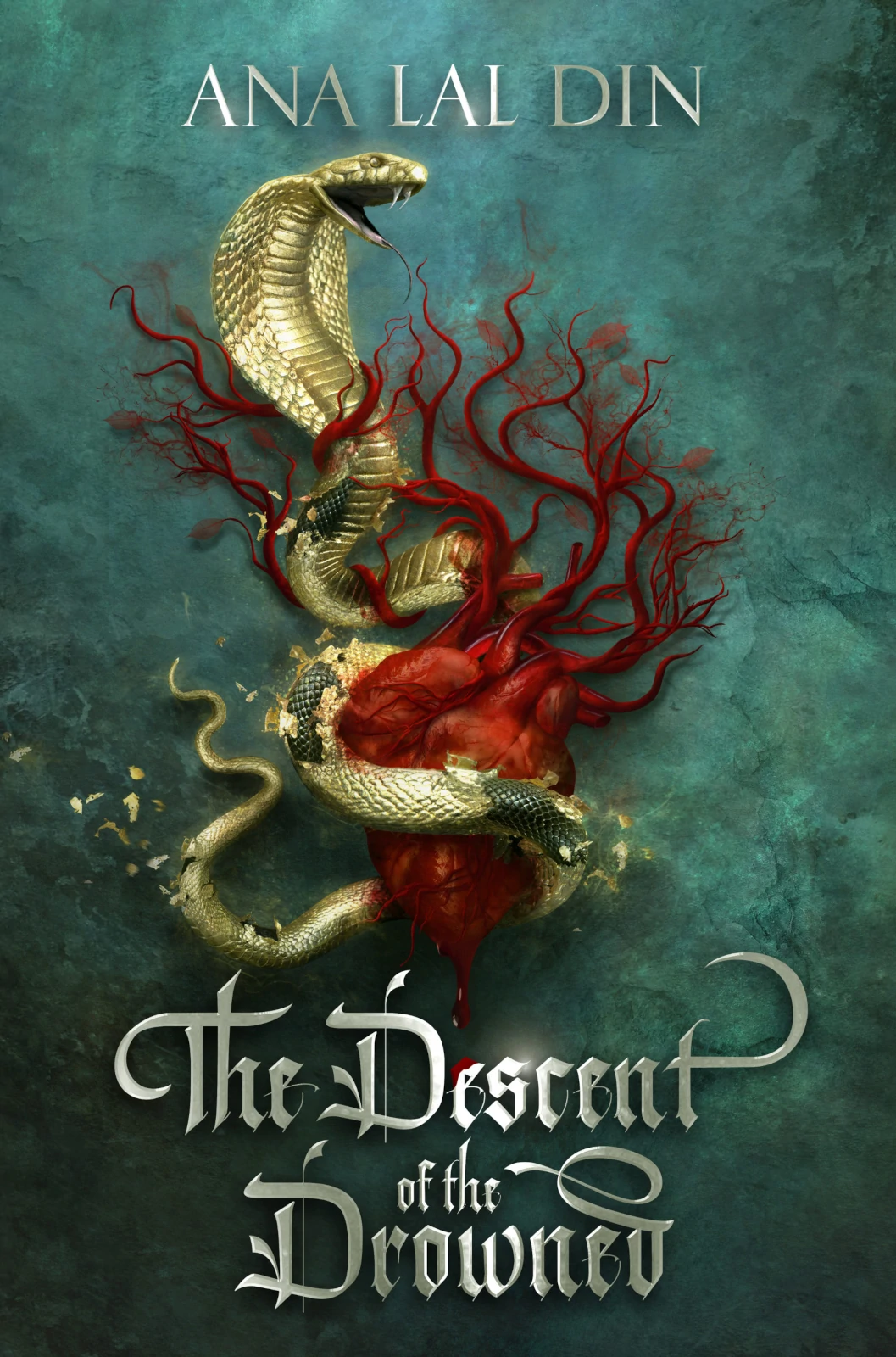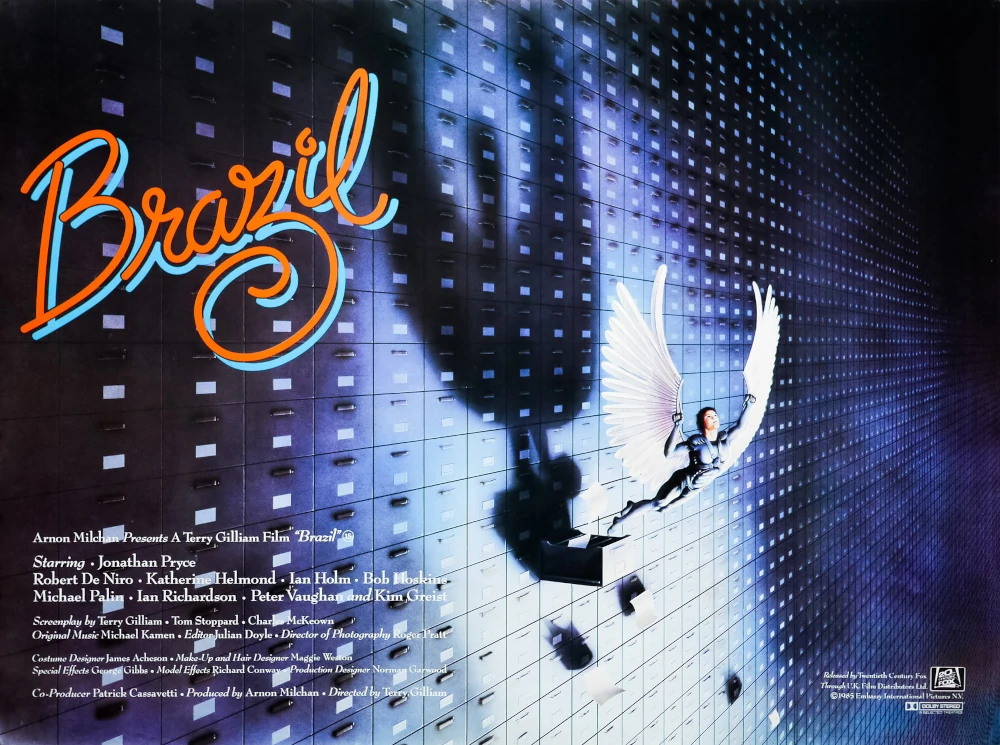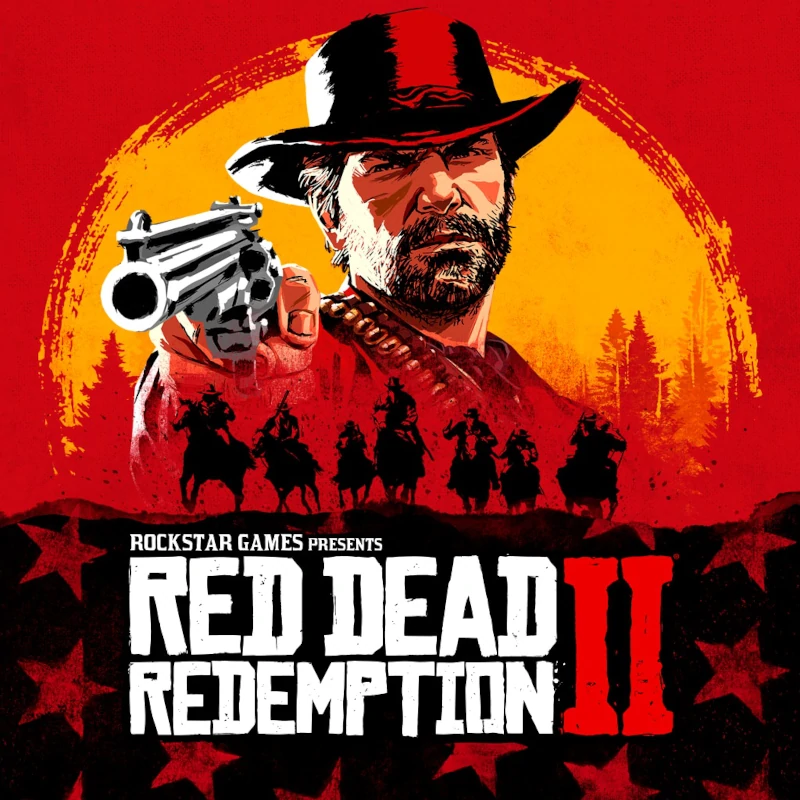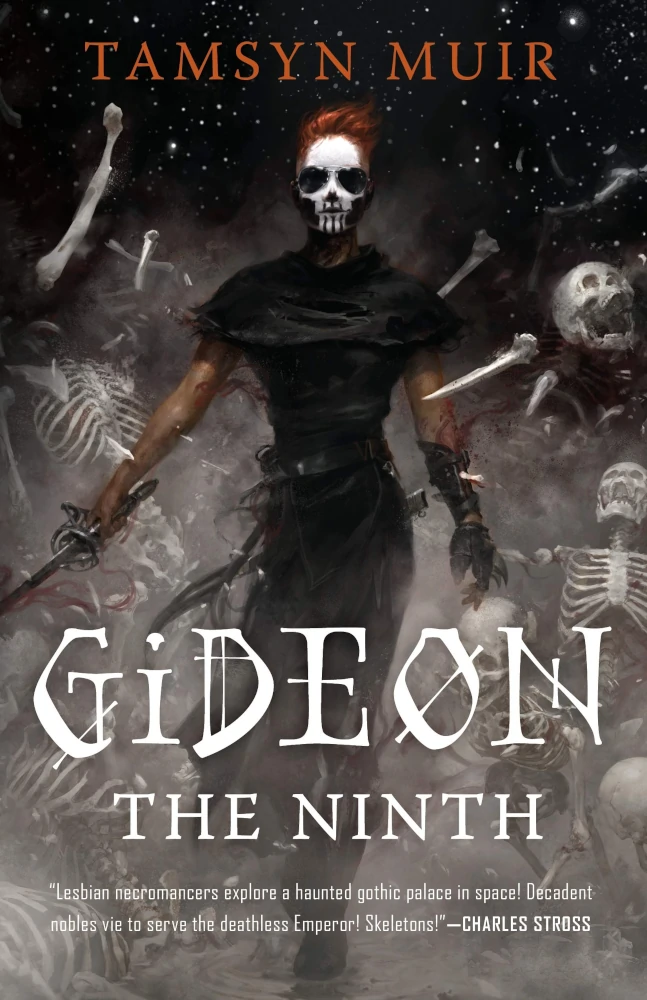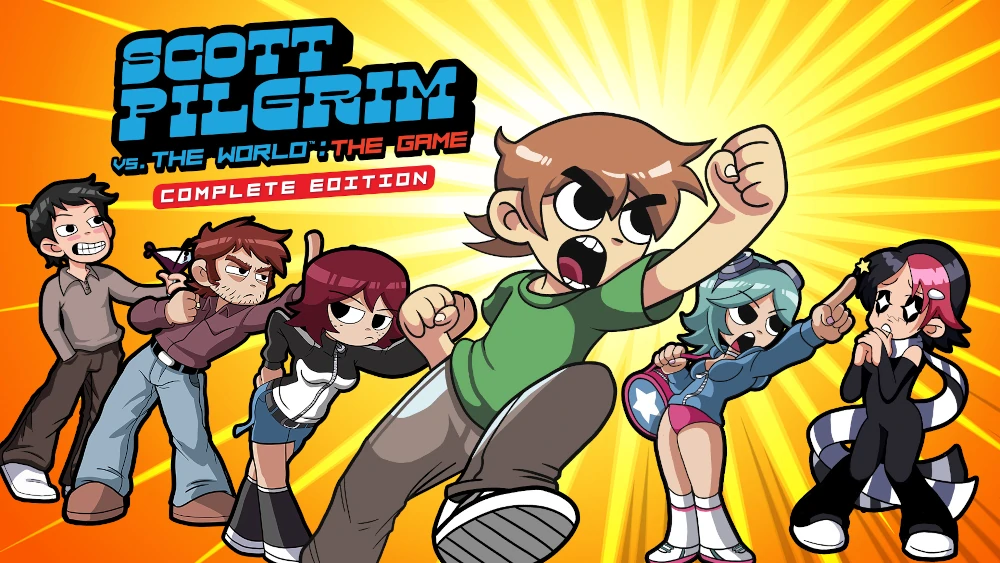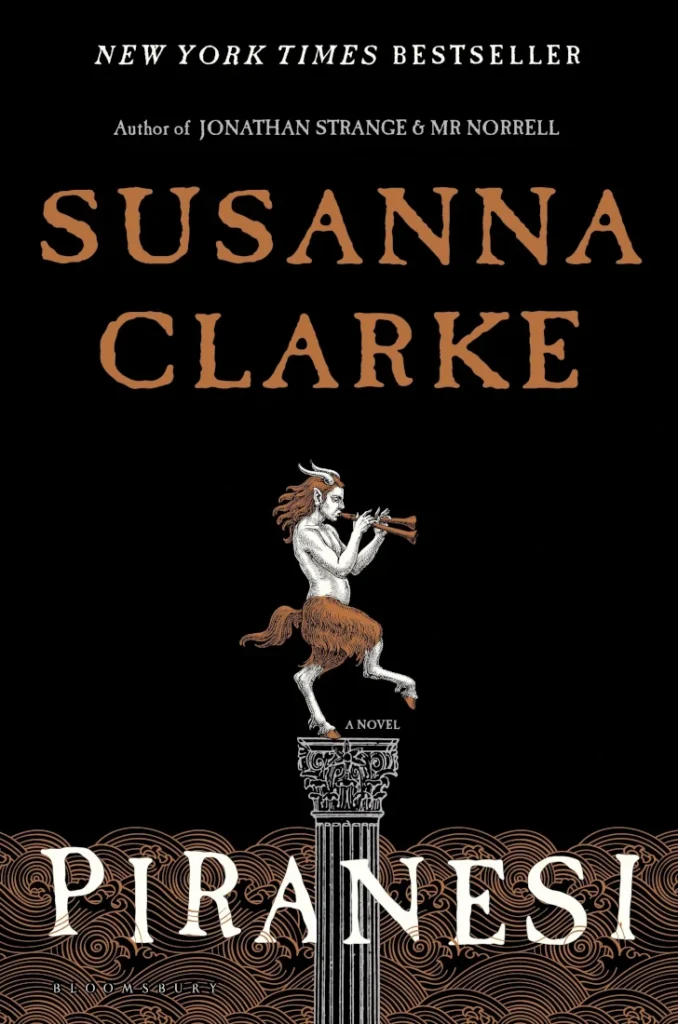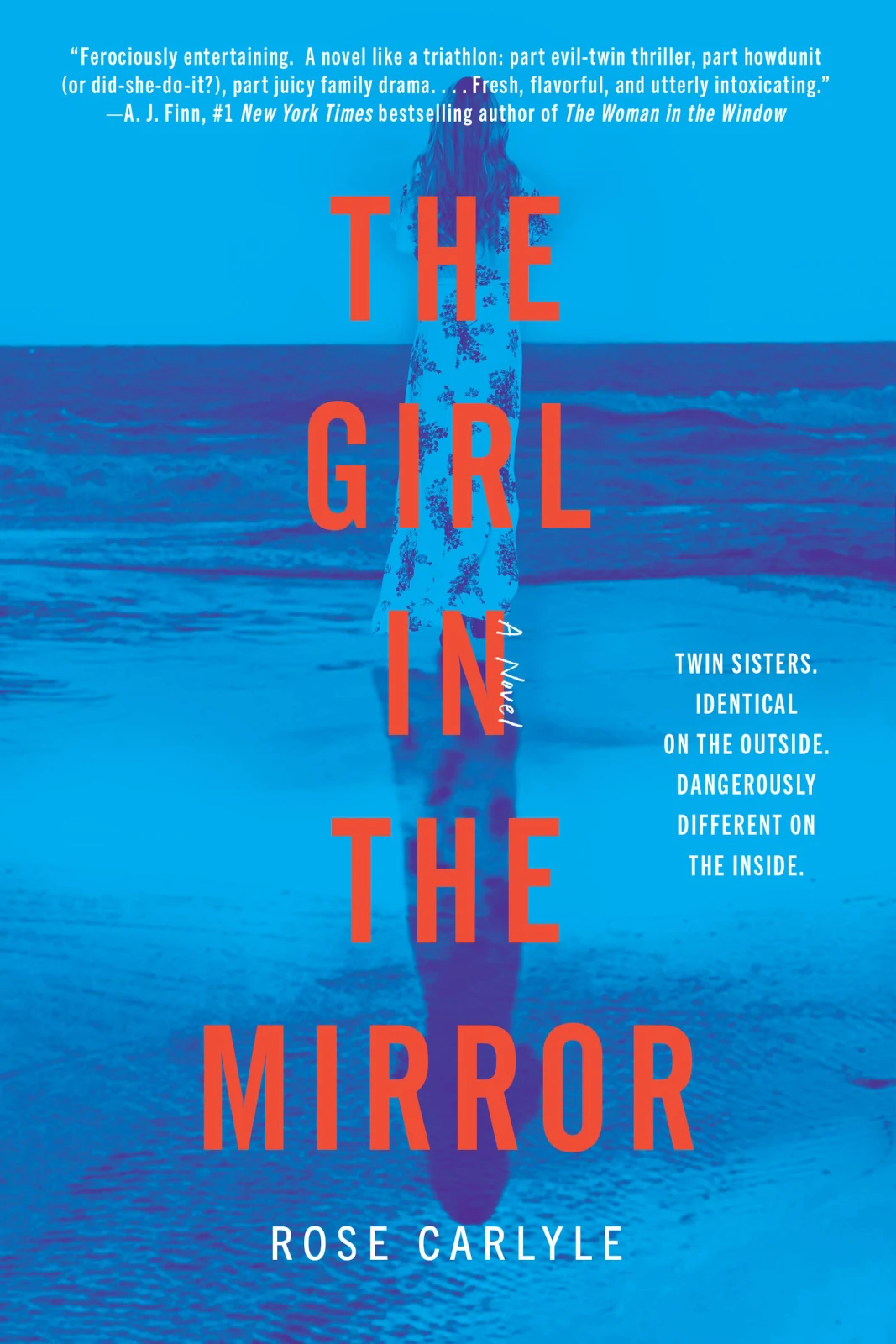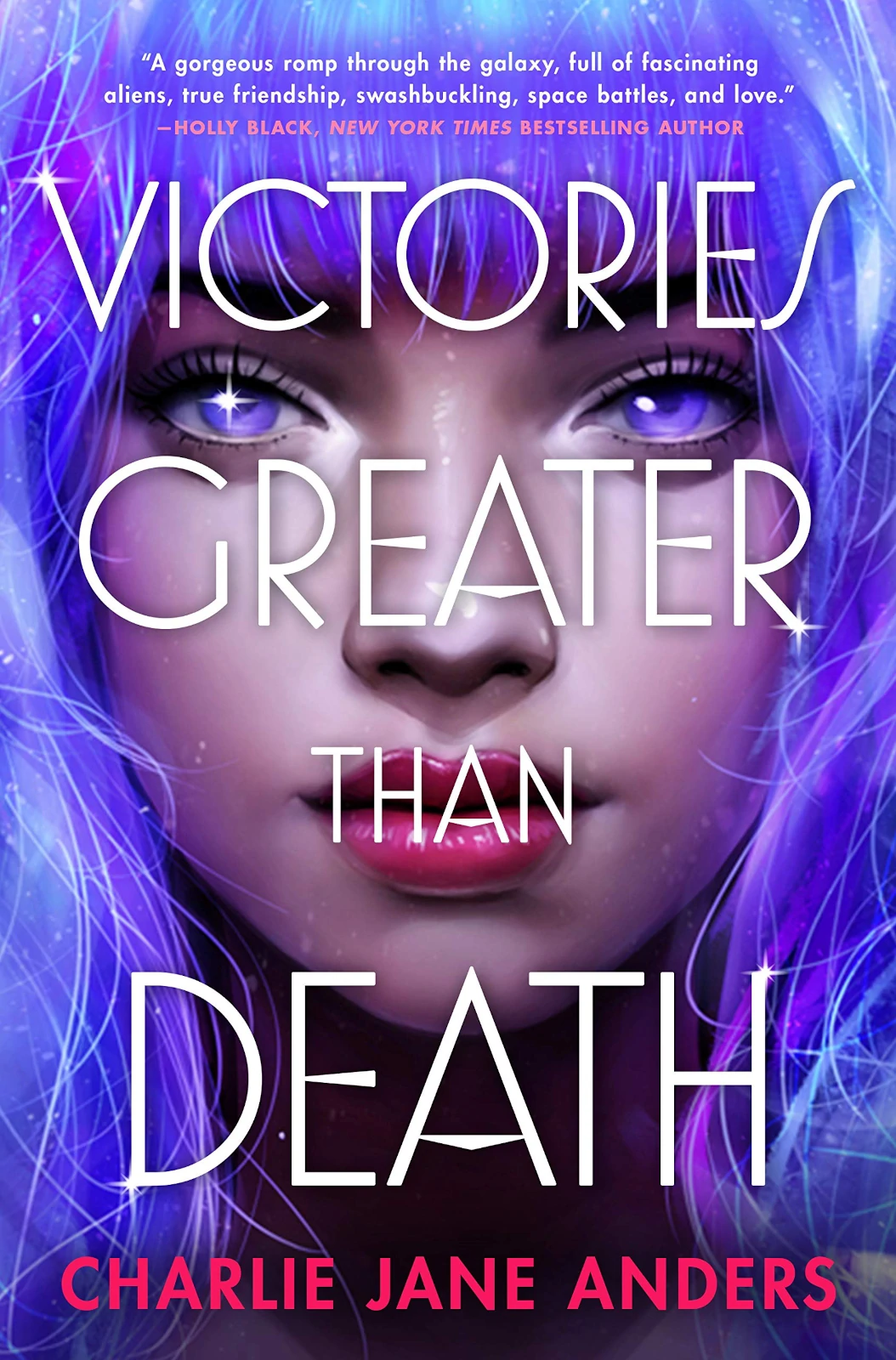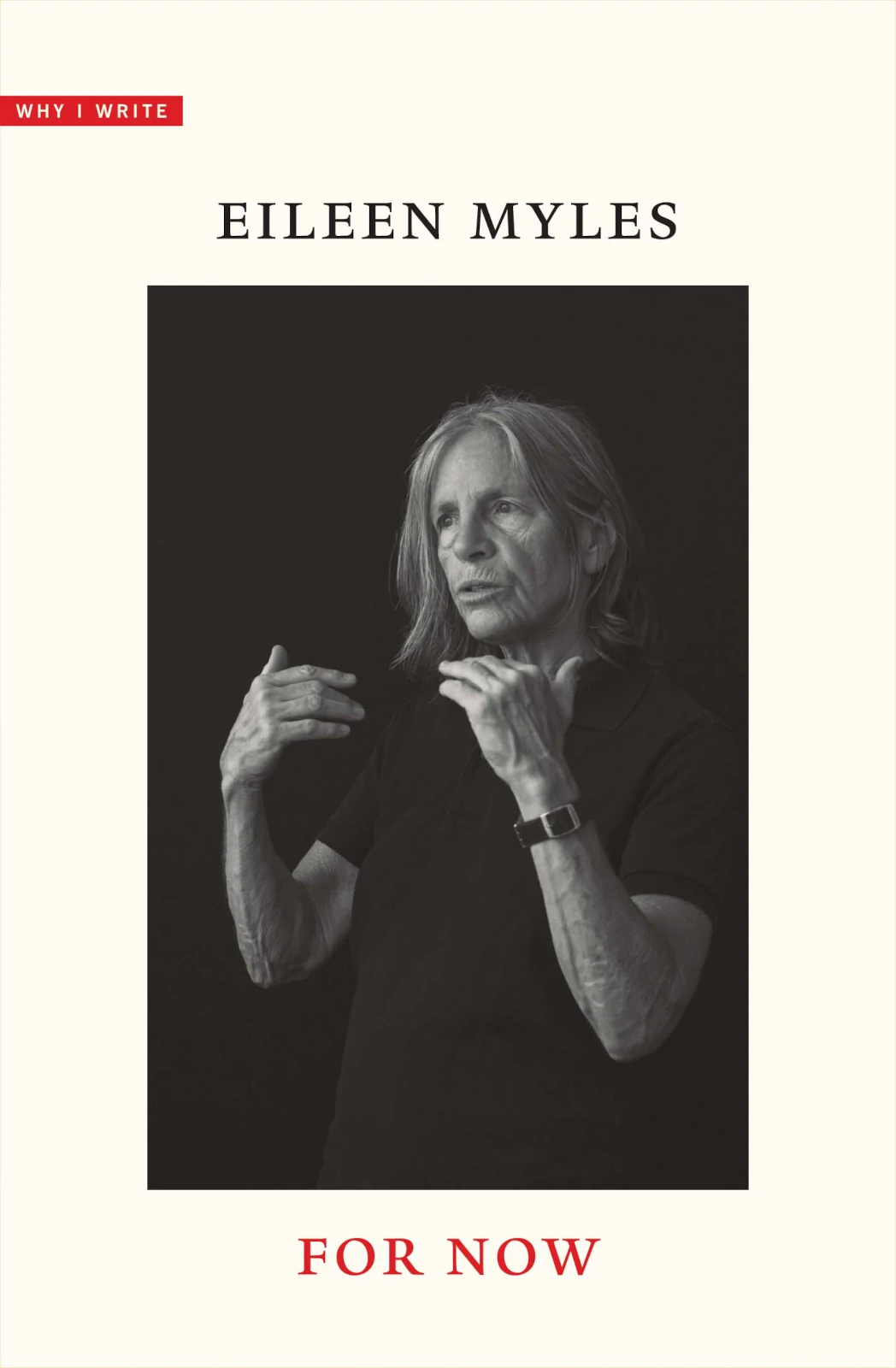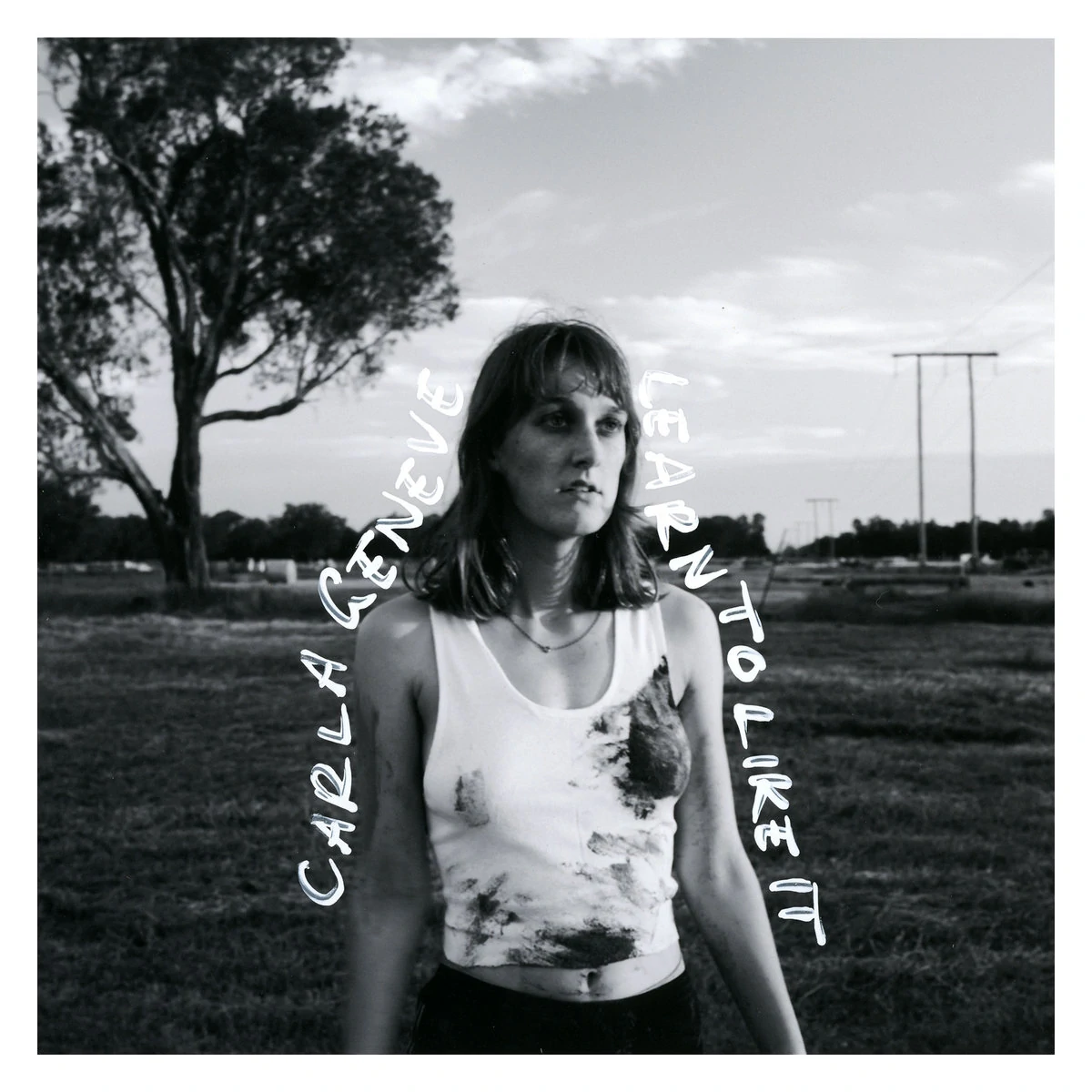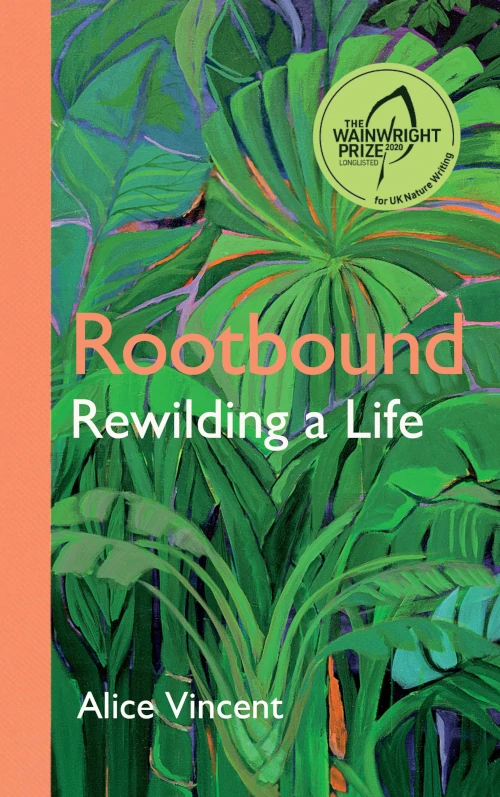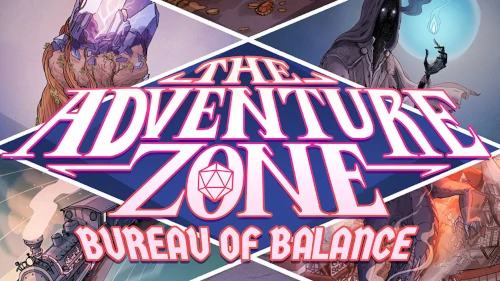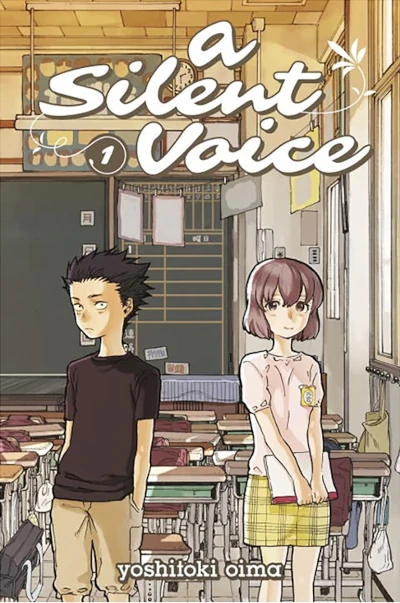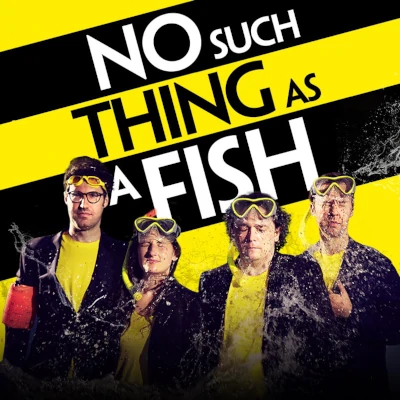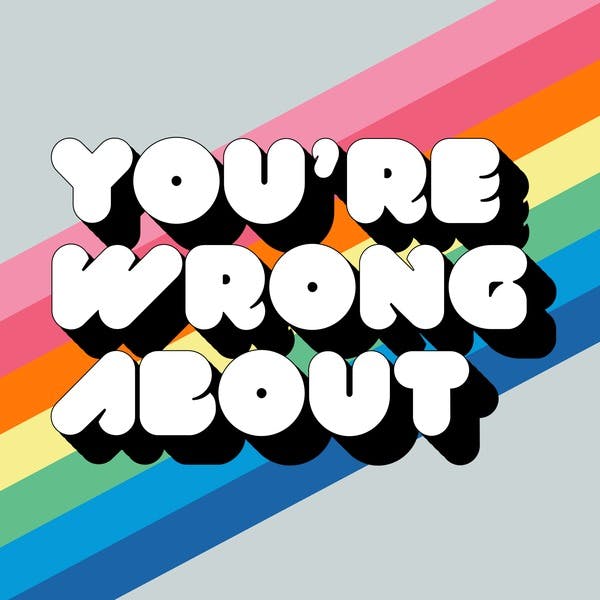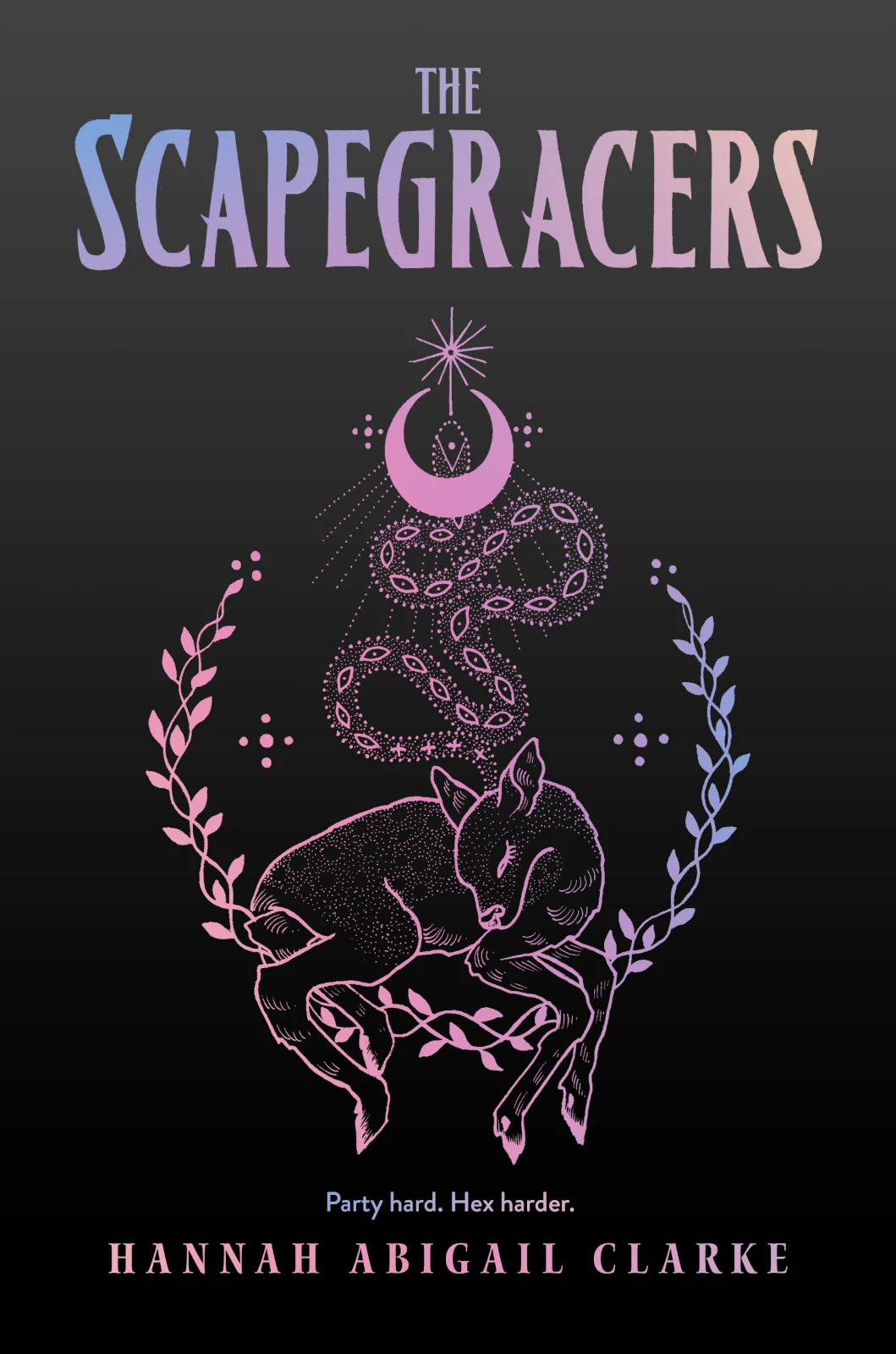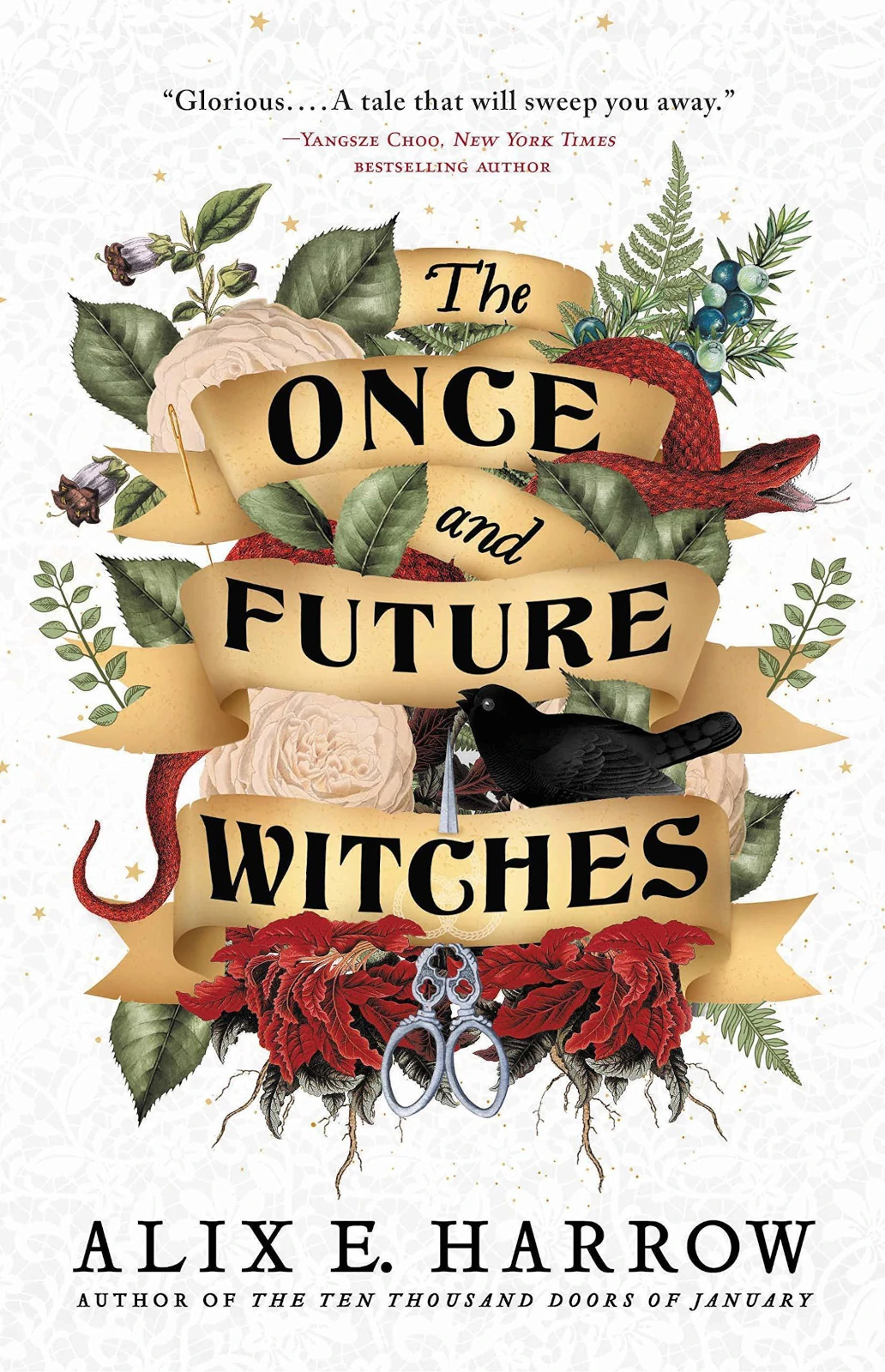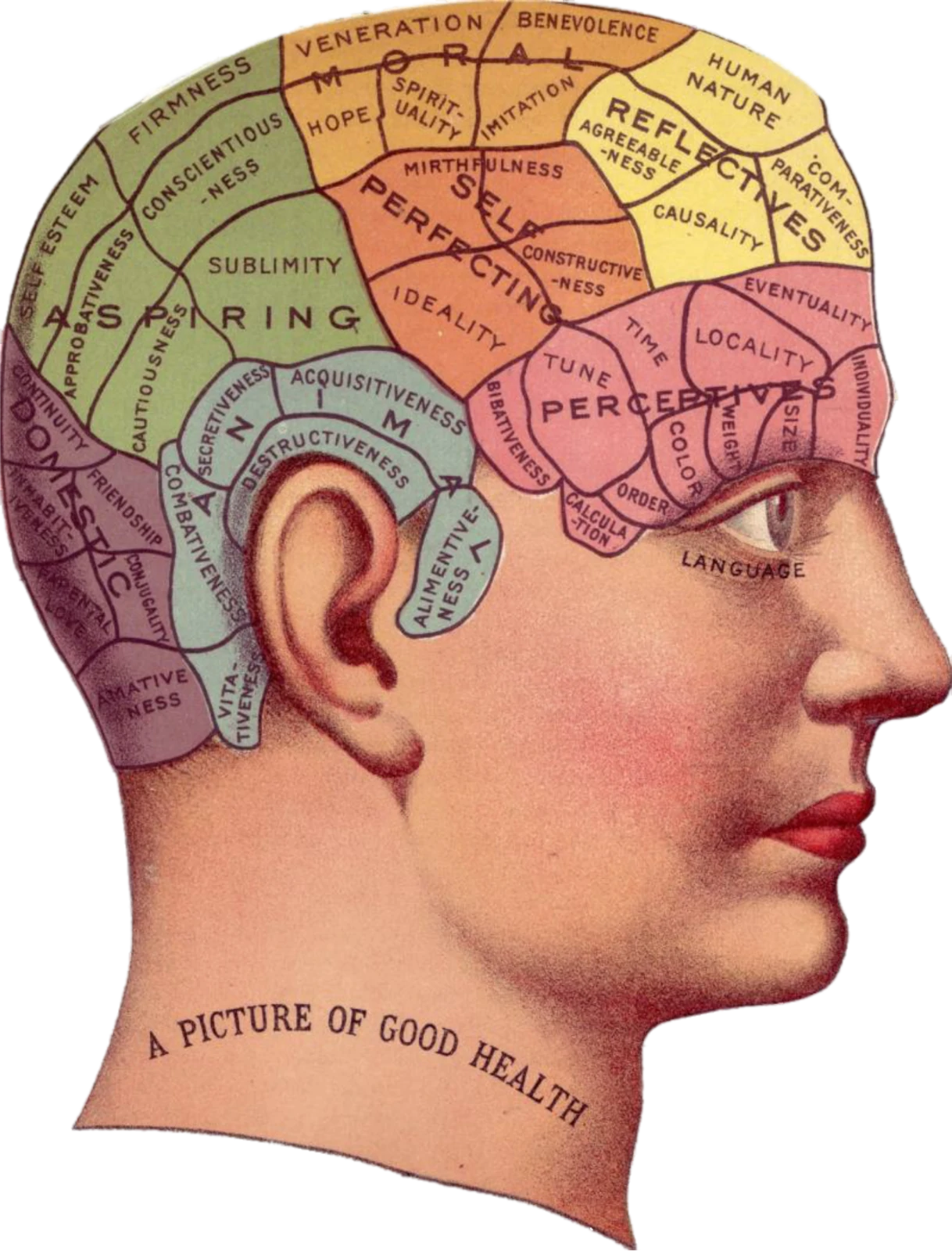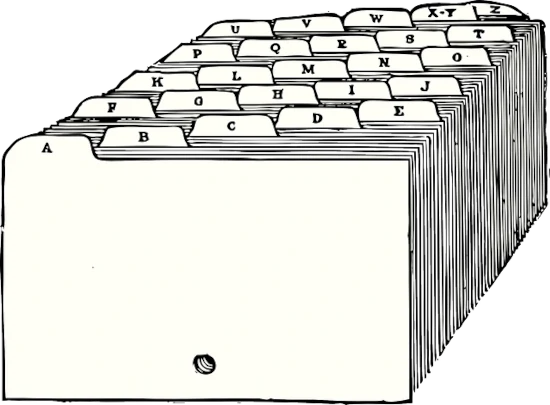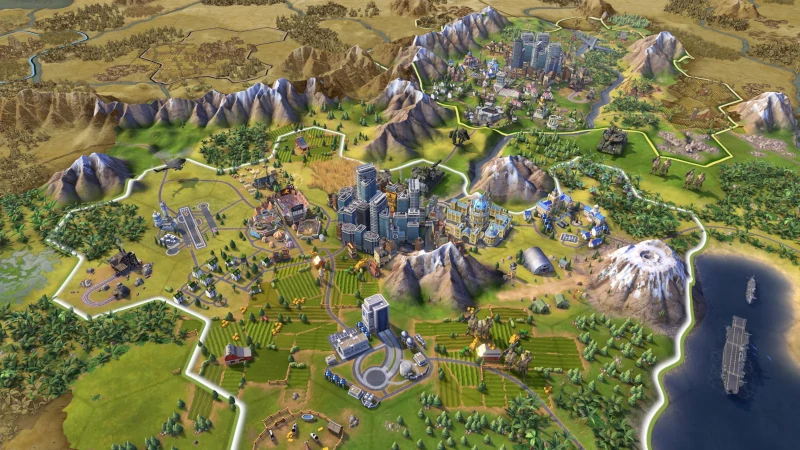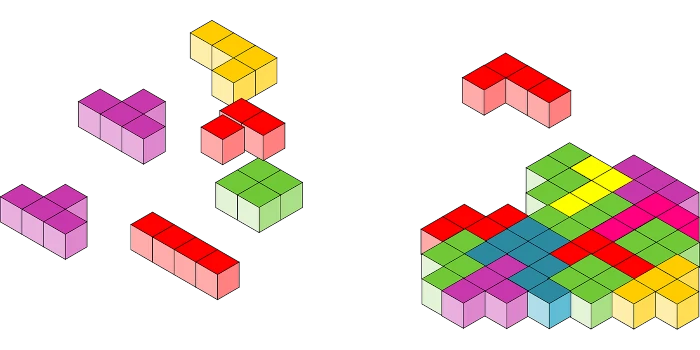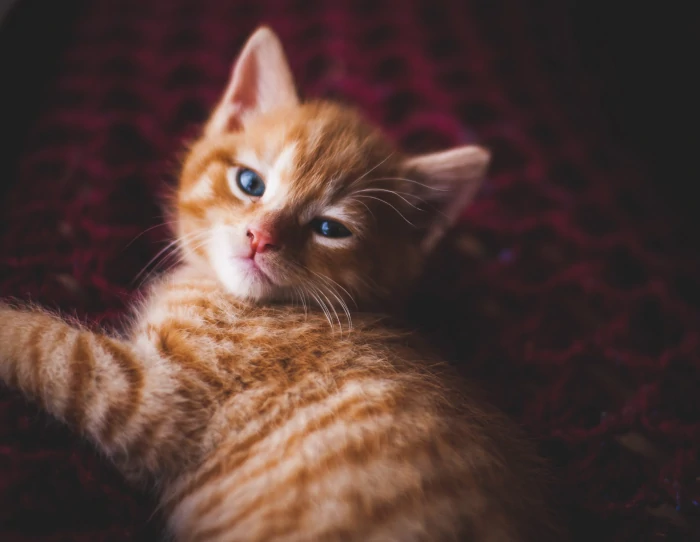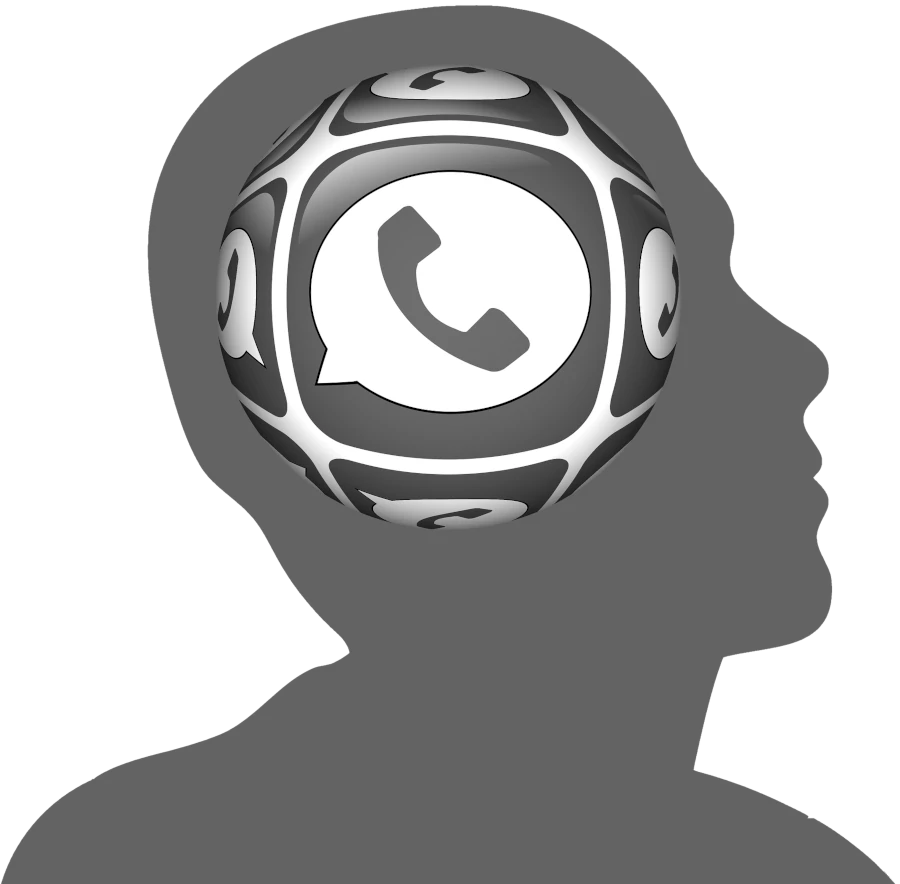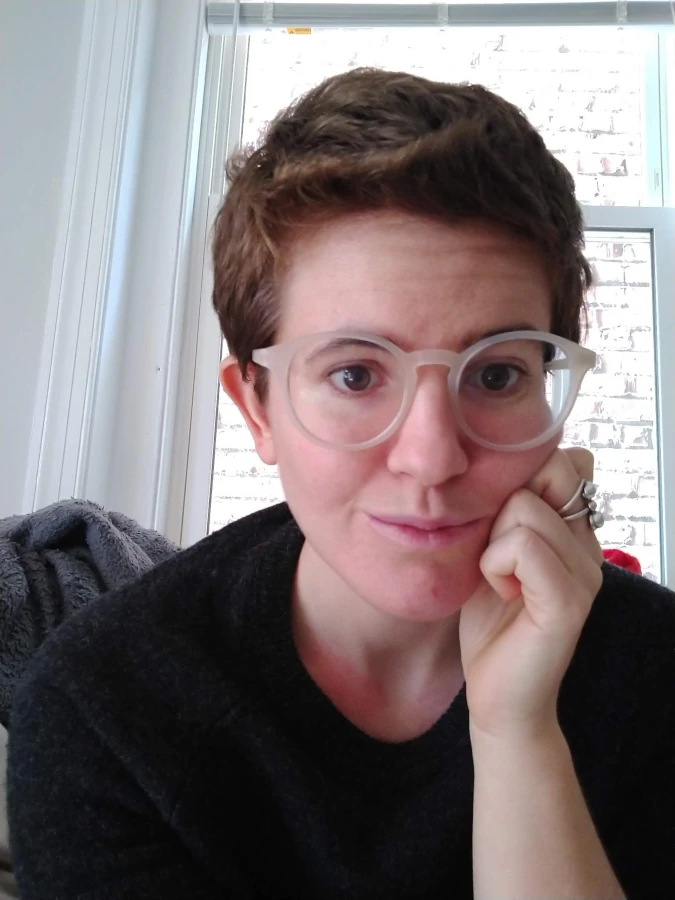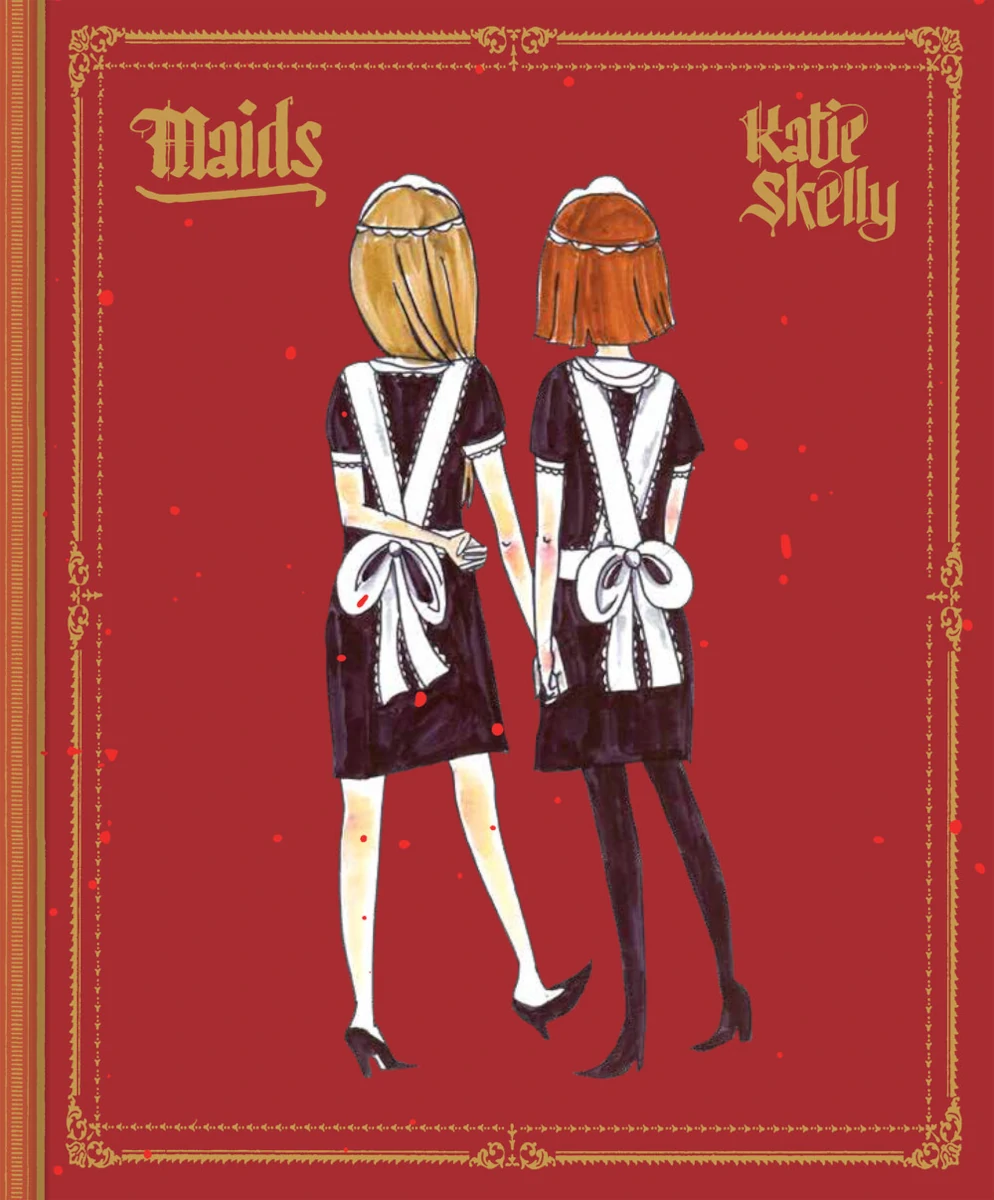Spoiler Warning!: This interview contains extensive spoilers for Charlie Jane Anders’ forthcoming novel, Victories Greater Than Death. To read a spoiler-free version of this interview instead, go HERE.
Victories Greater Than Death will be published on April 14, 2021 by Tor Teen.
As I always do, let me open with a cliché question. What inspired you to write Victories Greater Than Death?
I talked to my agent for a while about writing a young adult book. I thought about when I was a kid, what I wished would happen, what I wanted from the stories I read. And what I really wished would happen was that aliens would come out of the sky and say, actually, you’re an alien and you belong in space with us, like what happens to Peter Quill in Guardians of the Galaxy, except, you know, without the mom dying of cancer. I always wanted to be rescued by aliens and go off and have adventures. I’d always loved space adventure stories, like Star Trek, Star Wars,and Doctor Who. I started to think it would be fun to do something along those lines.
I’ve always loved those kinds of stories and wanted to tell my own version, but by making the “be careful what you wish for” theme more complicated. In an early draft, I came up with this girl who finds out she’s an alien. That was something my editor pushed me to change. She really wanted Tina to start the book already knowing, which I think is better and makes it a more YA kind of story because she has more agency at the start and she knows that she has this destiny and really wants to achieve it. But what Tina finds when she goes to embrace her destiny is not what she’s expecting.
The kernel of it was definitely the wish fulfillment of wanting aliens to take you away and knowing you don’t really belong on this planet because this planet is not always the best. It’s obviously our planet and I appreciate that it’s here for us, but it has some issues.
So much of escapist literature, like Harry Potter, is set up with terrible stepparents. Yet I loved Tina’s fake mom, I wanted her to be my mom. What was it like to develop that positive relationship for Tina to leave behind?
In All the Birds in the Sky, the characters have terrible parents, and I didn’t want to repeat that. It felt too easy to have the mom be a monster. Having the mom be a cool person, you can see where Tina gets her ideas about fighting for justice because you get this sense that her mom used to be an activist. I’d been reading a lot of YA books and noticing that a lot of the time the mom is dead, or the parents are dead, or the parents are terrible, or we never see the parents. I thought it would be cool to have a nice, supportive parent in the mix.
In earlier drafts, it was more complicated with the mom. I originally had this idea that the mom was trying to keep Tina so safe that she tries to force her to be normal despite raising Tina to be a nonconformist. But I fell in love with this version of the free-spirited mom who wanted Tina to have a fun childhood before going off to meet her destiny.
I’m also writing some flash fiction that are prequels to the novel. I write from the mom’s perspective about what actually happened when the aliens gave her a baby, and it’s been really fun to write a younger version of Tina’s mom. I also realized I never gave her a first name so now her first name is Gwen.
I was so impressed with the volition and maturity these characters have. I think a lot of adult fiction authors struggle to move into YA and end up making the kids seem too childish. What was it like to balance that line of making sure they’re fully formed humans but still relatable to a YA audience?
I’ve always loved YA books. I need to underscore that because earlier I made a slight criticism of the bad parents in them. But I do love YA books. I’ve been reading them for years and that was part of why I was excited to write one. My favorite YA books are ones with characters who have intelligence, agency, and volition. Holly Black, Tracy Deonn, and Darcie Little Badger’s books all do that really well.
As a teenager, I overthought things and had very pretentious conversations about the meaning of life or whatever. I just tried to make things happen in my life. My friend and I edited a humor magazine when we were sixteen, and we put our heart and soul into putting out the silliest magazine we could. We would even do skits on stage to promote it at school. The thing I love about teenagers is that they’re not afraid to be really serious and super earnest or sincere in a way that adults are sometimes embarrassed to be. I find it kind of freeing to write teenagers because there’s less bullshit around expressing your emotions or expressing what’s going on with you. Part of what’s great about YA books is the emotionality.
What made me want to write YA originally was having seen YA change a lot in the last ten years. We had the era of The Hunger Games and a million other dystopian novels. The dystopian format created a lot of characters being swept along by events. Katniss chooses to volunteer for The Hunger Games to save her sister, but after that, she pretty much just has to go along with The Hunger Games for the remainder of the book. The same is true with Maze Runner and other big dystopian YA stories. In the last five years, I feel like I’m seeing more than dystopias. There are fun, colorful worlds where teenagers say, I’m going to explore, I’m going to figure this out, I have goals I’m going to accomplish. I think it’s better for teens to read about characters who act rather than react.
As an instructor, I always think hard about YA. What are we teaching young people? There are so many things in this book I love from that perspective. Like, wouldn’t it be great if the parents weren’t villainized or the source for everything bad that’s happened to a character? What if there was a positive, supportive relationship? I also love what you have to say about friendship. And you’re doing so many interesting things with gender and identity. But at the core of it, there’s this idea that your characters are the primary driver in all of their actions. It’s pervasive in a way that’s subtle and beautiful.
Thank you so much. There was a challenge in having the characters be the driver of their actions. Like with space opera—which this is loosely—there are two kinds: Star Trek and Star Wars. I’m oversimplifying it, but in Star Trek, there’s an organization, some quasi-military thing that has rules and structure, and people have to obey orders and there are uniforms, etc. In Star Wars, there’s just a bunch of rebels or adventurers who are on their own and for good reason.
Most YA space operas start with some teenagers stealing a spaceship or running away from a space academy so they can have adventures. Something that gets the teenagers on their own with little or no adult supervision, having adventures, and doing their own thing. From a YA perspective, the Star Wars method makes more sense. But I love Star Trek so much, I really wanted to do that version where we’re on a spaceship and there’s organization, rules, uniforms, and principles. That was something I struggled with, maintaining Tina and the other characters’ agency. At a certain point, there’s no adult supervision, and the kids have to fend for themselves. But it takes a while to get there, and in the meantime, I kept trying to find ways for the teenagers to have agency in this situation. I really struggled with that, so it makes me happy to hear you say that.
I love this idea of institutionalization with individuality. I was so impressed with how you wove that into things like their uniforms. You’re a part of this system, but you get this one part on your sleeve to be original. What was it like to create your version of the Star Trek: Enterprise that had this bit of flavor in it?
I added the thing about the sleeves in part because I wanted to make sure that I didn’t fall into those tropes of rigid conformity. I had an imaginary dialogue in my head with the Star Trek fan or the fan of more military stories where its rules bound and uptight. I didn’t want to reproduce that in an unthinking way. This isn’t a human organization. They haven’t got our military traditions. I was very careful to include this just for the people who get upset by how unlike a human military organization this is.
It’s an organization made up of people from different cultures who have very different ideas of authority, who gets to be in charge, and how decisions are made. So, you need a lot of flexibility to make that work—having a rigid, top-down, conformist, and uptight situation isn’t going to make sense.
In the second book, we don’t spend as much time as I thought we would at the military academy where Tina and others are learning to join the Royal Fleet. One thing I’m clear about is that there’s no “break you down to build you up”—that’s a human concept they don’t have. It’s much more, we’re going to try to instill some shared ideals and values.
You’ve done a ton of world-building. There are intergalactic war wounds and darkness in these beautiful histories. You’ve built such a big universe. How did you do this?
I started working on the series in the spring of 2016, around when I quit my day job. It was a lot of trial and error and figuring stuff out—trying to come up with aliens that didn’t feel like they were aliens I’d seen before. I know that part of what teens love about these stories is the complicated mythos and world-building that gives you scope to imagine where you could go in that universe. I was intent on trying to make that as rich as I could.
I created a password-protected Wiki where there’s a bunch of stuff I came up with about the different aliens, worlds, and backstories—I’m still adding to it. It’s one of those things that the more you do it, the easier it gets. The first thing you think about with worldbuilding is a rip-off of somebody else, or it’s obvious or boring. That’s when you have to stop and go okay, we’re not doing that, what’s something unique and weird I can create? It’s about having fun, coming up with stuff that’s out of left field. It just takes a lot of brainstorming.
A lot of what I loved about your world-building seemed to be issues I had as a teen reading sci-fi. For example, why are the aliens humanoid, and of course now I have an amazing answer. Was it something you always wanted to tackle or did it come to you in a moment of inspiration?
It evolved. It was something I would think about, why aliens would be humanoid. There are two main explanations for humanoid aliens. Some scientists believe we could encounter humanoids on other planets and there’s something about our shape that’s optimal—like having two hands and biped bilateral symmetry. Star Trek did an episode where it tried to explain that ancient aliens left their DNA everywhere. It’s a common answer—Ridley Scott’s movie Prometheus had a similar thing, too.
I wanted to have humanoid aliens. That’s just where my mind went. I wanted to come up with an explanation and having it turn out that there was a galactic eugenics program felt like an interesting backdrop. You’re inevitably shaped by the time you’re writing. I was working on this trilogy during a time when we were all forced to become more aware of how genocides have shaped our world and how we are all kind of the beneficiary, for lack of a better word, of these genocides, or attempted genocides.
We did an episode of my podcast, Our Opinions Are Correct, where we talked to indigenous speculative fiction authors and futurists about this idea that there was a genocide but that the indigenous people didn’t go anywhere. Their culture is still alive and it’s important to acknowledge their real stories rather than cover them up with unrepresentative historical narratives. We’re occupying land that was taken from those people. I think it’s important to think about that without descending into clunky allegory or writing a polemic. It’s good to find ways to think about what you do with that legacy.
I develop that in the following books, too. For me, what rescued it from being a dumb allegory is that, in the end, you find out that the people who did the eugenics program weren’t trying to create a superior species. They didn’t think we were better. They just thought we could be used in this one project of theirs. That final shoe that drops makes it complicated, weird, and twisted. I think it’s always important to find new layers to an idea.
I love that you tackled such big topics in a YA book. There’s so much about identity, and you have an incredibly diverse cast. You even have an alien race that always extends their hand politely and announces their gender pronouns. What was it like to dig into that aspect of identity?
I wanted it to be a very inclusive book with different humans/humanoids and approaches to gender, sexuality, and identity. With the pronoun thing, it made sense that, if you had a universal translator, it should let you know someone’s pronouns. When you meet an alien, you’re not going to be able to tell what gender, if any, they might have and how they want to be referred to in the third person just by looking at them. It’s kind of ridiculous in sci-fi, like Star Trek where there are lady aliens with large breasts and makeup.
By getting away from here and now, you get to look at fundamental things from a different perspective. I was interested in pushing this notion of human gender identities because it’s much more diverse and complicated than people give it credit for, but also, if you belong to a species that reproduces differently and has different family structures, they’re going to have different ideas of gender or how they identify themselves. I go deeper into that in the second book.
In the second book, you meet one person from a water planet that is frozen half the time and boiling the other half. They lay their eggs, which get buried by ice, and then when the ice thaws they retrieve the eggs. But it’s impossible to find their eggs, so they take eggs that were laid by somebody else. Their culture never raises kids that are genetically related themselves. I thought that was a fun concept. They don’t have families in the way we do.
To talk about the most aggressive thing you did with identity, Tina is a clone. She has another person she should be manifesting into but isn’t for plot reasons. How did you get into her head to write the emotional toll of this insecurity about not being that person?
Thinking about how cloning would work, when you clone someone, you end up with a baby who has to mature. The idea that Tina wouldn’t be able to handle her adult memories before her brain fully developed made sense. There was a moment when I thought should she just get back everything? If she did, she wouldn’t be herself anymore and it wouldn’t be a book about a teenager, it would be a book about an older woman in a teenager’s body. It was clear that couldn’t happen.
I played with the idea that she gets some memories, skills, and knowledge, but she doesn’t have everything. It felt like a rich metaphor for thinking about being alive right now when we have more information than insight. There’s a nearly limitless amount of knowledge we have access to but without the grounding that comes with learning slowly, and there’s a difference between stuff you learn from experience and stuff you learn from just osmosis. It was a fun way to show how that can sometimes be worse than not knowing everything.
My sixteen-year-old self would never forgive me if I didn’t ask about the romance. What was it like to write a sixteen-year-old romance?
It was so fun! Tina and Elza are super close to my heart. Elza was a character I worked hard to get right, to the point where I’ve been studying Portuguese and talking every week to a transperson who lives in Brazil, she’s teaching me Portuguese and we talk on Zoom every week.I read a ton of books, too. I tried to get Elza to be a living, breathing character who’s not a stereotype.
I didn’t plan on the romance, it just happened. It came out of these characters, how they were constantly butting heads at first. I had to remember how vulnerable and intense it is to have feelings for someone at that age. Your first real romance, which this is for both of them, is scary. I had to be true to that feeling of I don’t even know who I am, so how I can give myself to someone else if I don’t even know what I’m giving them? That was really powerful to explore. The early versions of Elza were a little less fully realized, so the more it felt like she had an inner life, the more that romance felt like it was a living, breathing thing.
You did the tension between them so well. I love that it was ideological tension.
If I were smart, I would have kept them butting heads for the entire book and then had a hint at the end that maybe they’ll get together, but I couldn’t bring myself to do that. I’m too much of a softy.
As for ideology, you’ll see more of the downside of the Royal Fleet as you get closer to its heart in the second book. There’s actually a moment I added recently where Tina says to Elza, you know what, you were right about a lot back when we were arguing and I was wrong. I thought it was important for Tina to admit that.
How did the book evolve? What was the biggest change between the first draft and what I am now holding?
The biggest change was the first third of the book. My original vision of Tina was this alienated, miserable teenager stuck in some boring town. Then, this mysterious woman shows up and says, Hey, guess what? You’re an alien, and you have this amazing destiny. And it turns out the woman is a con artist. Most of what she says is true, but she’s trying to manipulate Tina because she wants to leave this planet. She was this loveable rogue character, like Han Solo. She was fun to write—it hurt to get rid of her, but my editor was right. The storyline with that character was something I was sad to lose, but the book was too slow to get going and that rogue character took away some of Tina’s agency at the start of the book because she was driving events more than Tina was. I hope to bring her back at some point
I’m always interested when I talk to debut novelists who think the next book is going to be easier to write. Do you think you’re better at the process now or do you think you struggle just as much every time? Is writing always a messy thing you need to rip apart?
It gets harder with time because you get in your way more. I’m more aware of my foibles as a writer, which means I have to work harder to avoid them, but at least I know to watch out for them. Overall, though, it gets harder. The sequel to Victories Greater Than Death has been a nightmare because I’m working on how to expand things promised in the first book. The third book looks like it’s going to be somewhat easier because I did all that grunt work in the second, so hopefully it is.
After everything that happened in 2020, how do you feel about writing weird stories? How is your heart as a writer?
Writing weird stories is important because fiction handles pressing issues by taking them so far out of their contexts that we can actually look at them. I think that is an important thing to do. Coming up with fictional narratives people can read into and find themselves in is more valuable than arguing on Twitter. Reading is also good—I’m trying to read more widely and expose myself to more perspectives. That’s really important.
